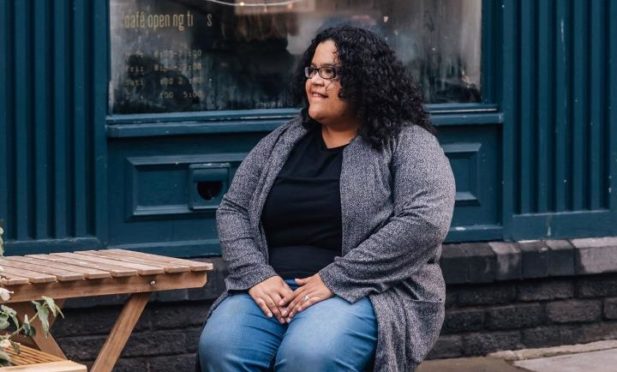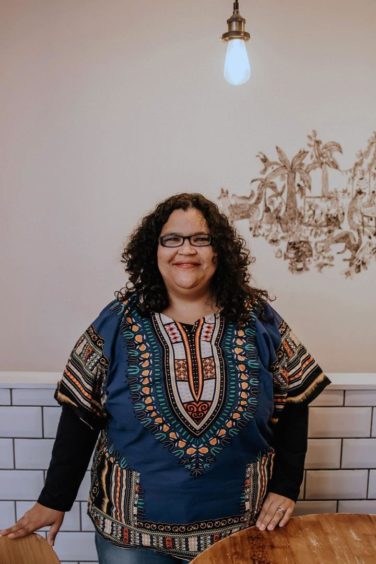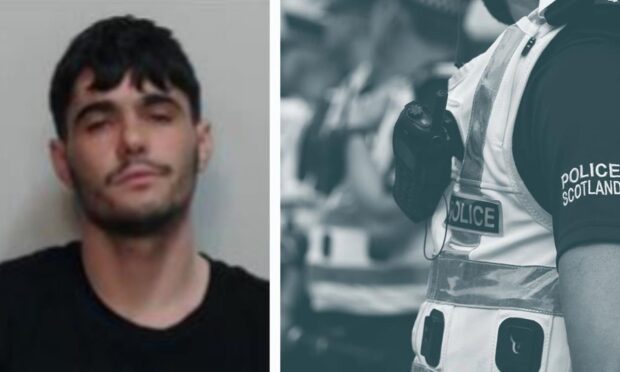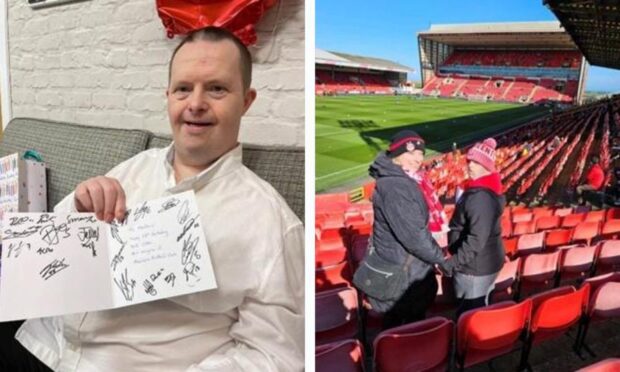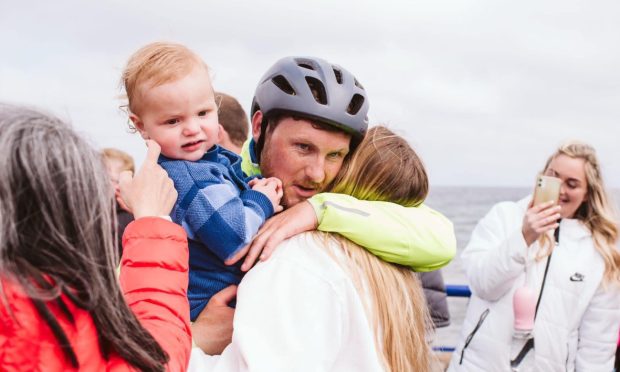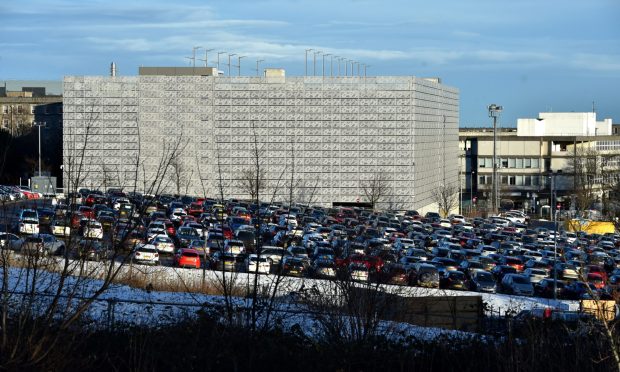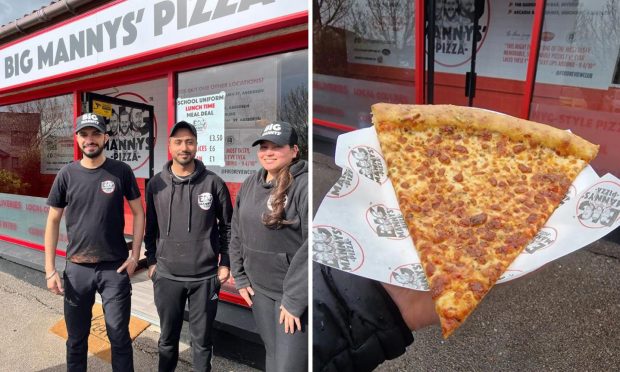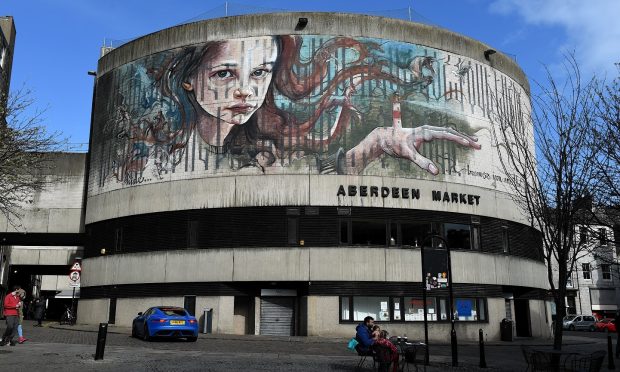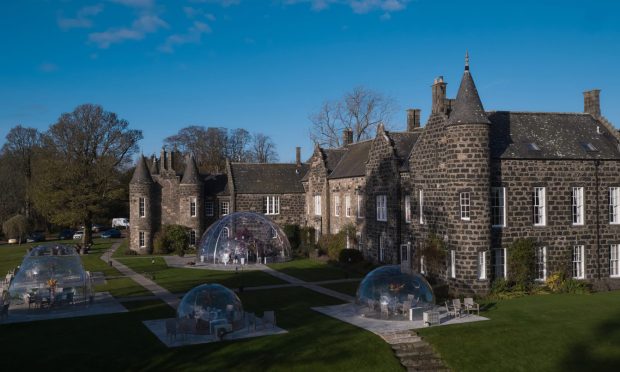A north-east teacher who lived through Apartheid-era South Africa has been nominated as a finalist in a new-look UK beauty pageant.
Meldrum Academy teacher Simone Coetser will compete with around 20 other woman of African heritage in the UK to be crowned AfricaUK pageant 2021 champion.
The 46-year old, who was teased about her weight as a child, will compete in an innovative new format that highlights female empowerment and delves into their stories rather than placing the traditional beauty pageant focus on simple physical criteria.
Mrs Coetser said: “What motivated me was the empowerment aspect of connecting with other women of African heritage who have been and are successful in the UK.”
A business education teacher, Mrs Coetser lived through Apartheid-era South Africa in her early teens before witnessing the downfall of the regime and the election of Nelson Mandela as President in 1994.
She readily remembers how race defined her life and those of the members of her family as a mixed-race person in the coastal city of Durban.
Mrs Coetser said: “I was 16-years old when Nelson Mandela was released from prison and when I was 18 I got to vote – that was also the first time my mum voted.
“I’m generations of mix, but my heritage can be traced to the Khoisan, who were the original inhabitants of southern Africa, and I have some Swazi, some French, English and German.
“In South Africa it would be offensive to a black South African to call me black, because I was allowed more privileges under Apartheid than a fully black person.
“But I was not afforded as many as a white person.
“You were classified based on what you looked like.”
Growing up surrounded by different race groups, Mrs Coetser says she “didn’t understand Apartheid until much later” – and in particular the day-to-day impact it had on her family and school friends.
She said: “Even while I was living under it, I didn’t understand it.
“I didn’t realise that when we were travelling there were toilets my father couldn’t use because he looks more black, whereas my brother, who was lighter skinned, was able to use them.
“The racism was so entrenched.
“My husband is white Afrikaans. By law we wouldn’t have been allowed to get married before 1990.”
Yet, Mrs Coetser said she has witnessed “real change” in South Africa following the end of the Apartheid era.
It inspired her to become a social justice campaigner both in her native South Africa and in the UK.
She said: “People are not facing what we faced. The South Africa of today is a lot more accepting and a lot more open.
“Racism will always exist, but it’s not in the law today, so it’s now expressed by the minority, not the majority of people, and that’s a really positive thing to see.”
Mrs Coetser, who started at Meldrum Academy in August 2019, said her introduction to the north-east has been “absolutely brilliant”, especially among staff and pupils at the school.
With dual UK and South African citizenship, she and her family have chosen to make their permanent home in Aberdeenshire.
Mrs Coetser said: “I don’t feel here that I’m being treated as exotic. I’m just being treated as a person.
“That’s why my family and I have decided to settle here – the students and teaching staff have been extremely welcoming.
“There’s been an openness that I was told not to expect but I have actually found.”
Looking forward to the AfricaUK pageant, she added: “I thought that maybe it was going to be a bit of a laugh.
“I didn’t realise how serious it would be.
“It is a proper competition and I’m now learning how to cope with that.
“As women, it’s important that we tell our stories.”
